

Tobacco smoking is a significant risk factor for noncommunicable diseases such as chronic respiratory disorders, cancer, diabetes, and heart disease and the leading cause of preventable deaths worldwide. Current estimates indicate that cigarettes alone are responsible for 8.7 million deaths annually, and 7.7 million of these fatalities are attributable to smoking, whereas 1.3 million are the consequence of secondhand smoke exposure among nonsmokers. Studies also reveal that many individuals begin smoking before the age of 18 as a result of the tobacco industry frequently targeting youth in low-income countries with its marketing efforts (WHO report).
CSEA, in its capacity as a sustainability partner of the Tobacco Control Data Initiative (TCDI 2.0) established by Development Gateway, has compiled a factsheet commemorating World No Tobacco Day 2024. This document highlights facts about tobacco prevalence amongst children and the tobacco industry's interference in countries —Nigeria, South Africa, Kenya, the Democratic Republic of the Congo, Ethiopia, and Zambia
The unmanageable increase in debt over the last few years and the bad effects of climate change on Nigeria's economy for more than a decade have brought about the need for climate and development debt swaps. In this episode, we dig into the facts in one of our publications with Africa Growth Initiative titled "Debt for Climate and Development Swaps in Nigeria".
The resource-rich but landlocked Southern African Republic of Zambia is a country whose population is sparsely distributed across its relatively large land mass but concentrated in urbanised areas. Zambia’s digital landscape is evolving, presenting both advancements and challenges to achieving comprehensive digital transformation. As of 2021, about 21 percent of the 20 million Zambian citizens were actively using the internet.

CSEA was represented by Dr. Adedeji Adeniran, Director of Research, at a working session convened by Gender and Responsible Artificial Intelligence Network (GRAIN), on theme “a collaborative approach to responsible AI and gender" from 16 to 18 April 2024, in Kampala, Uganda.
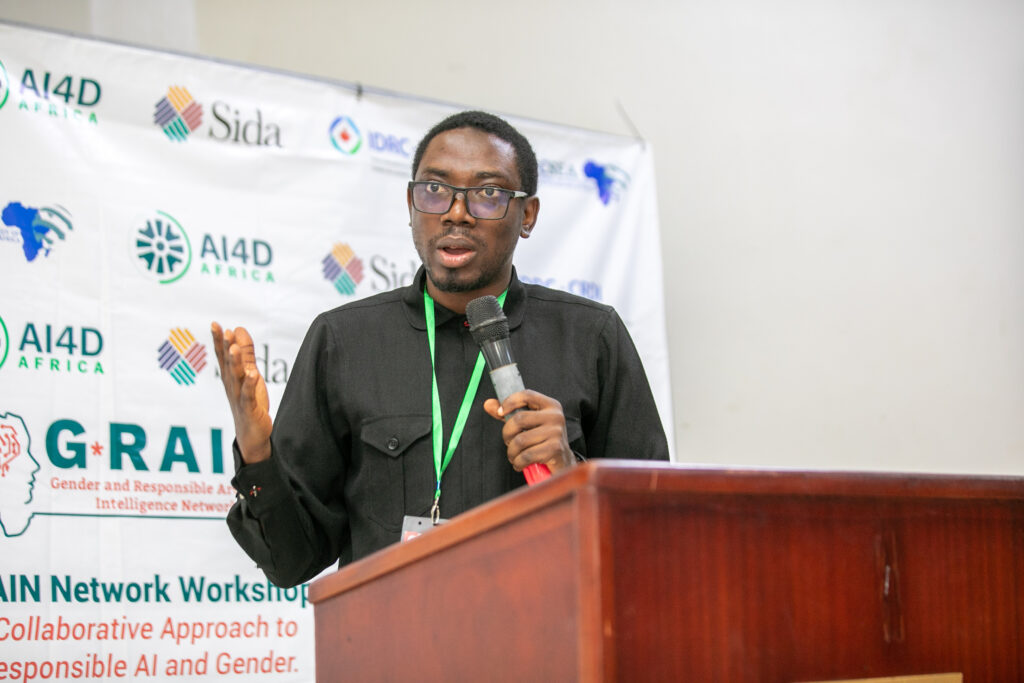
The event provided a platform for members of the Grain Consortium (IPAR, Sunbird and CSEA), as well as the beneficiaries of the GRAIN project, to discuss strategies to help tackle gender data disparities in AI across sub-Saharan Africa.
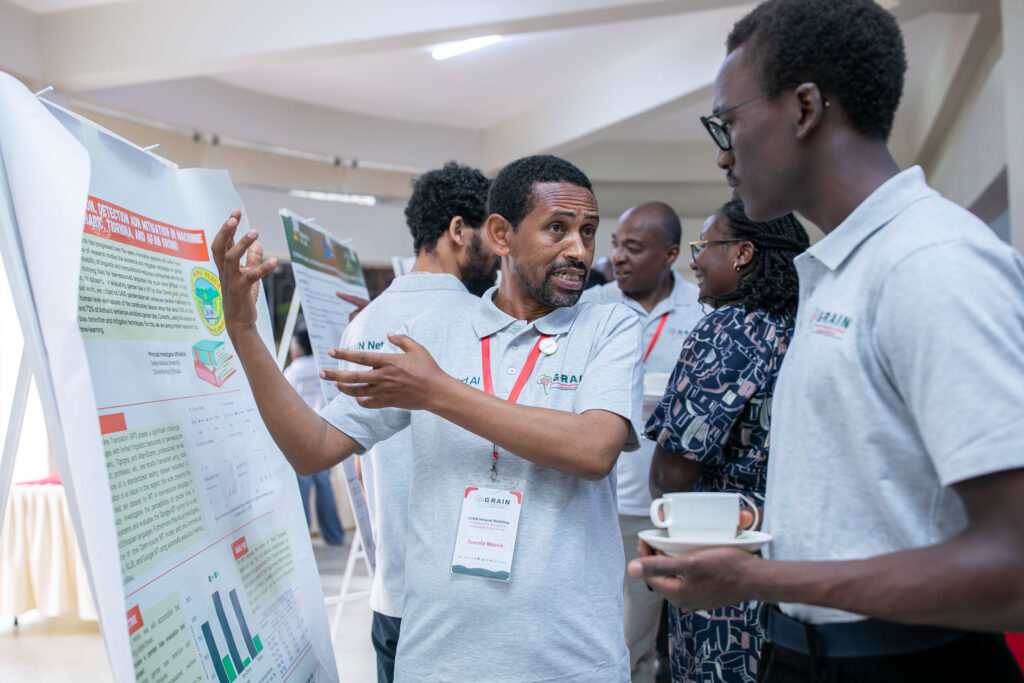
It also aimed to encourage collaboration and knowledge sharing between network members, identify challenges and opportunities to achieving the network's objectives, and develop strategies and action plans to address key issues related to GRAIN's mission.
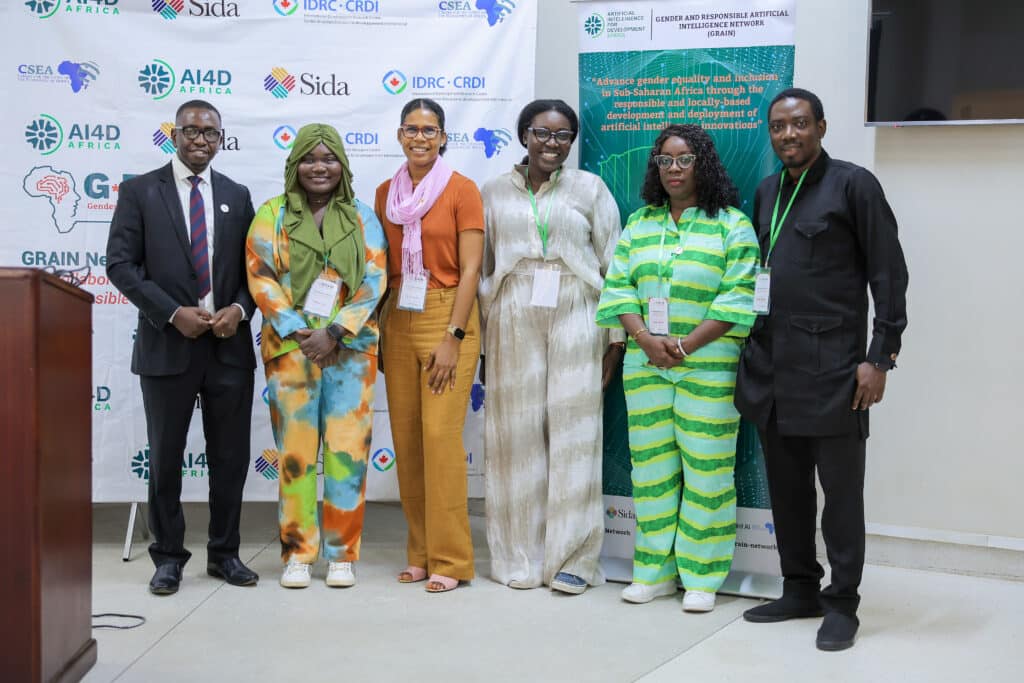
The meeting featured a range of knowledge and exchange sessions such as presentations of beneficiaries' projects, group work and brainstorming sessions about the network’s next steps.
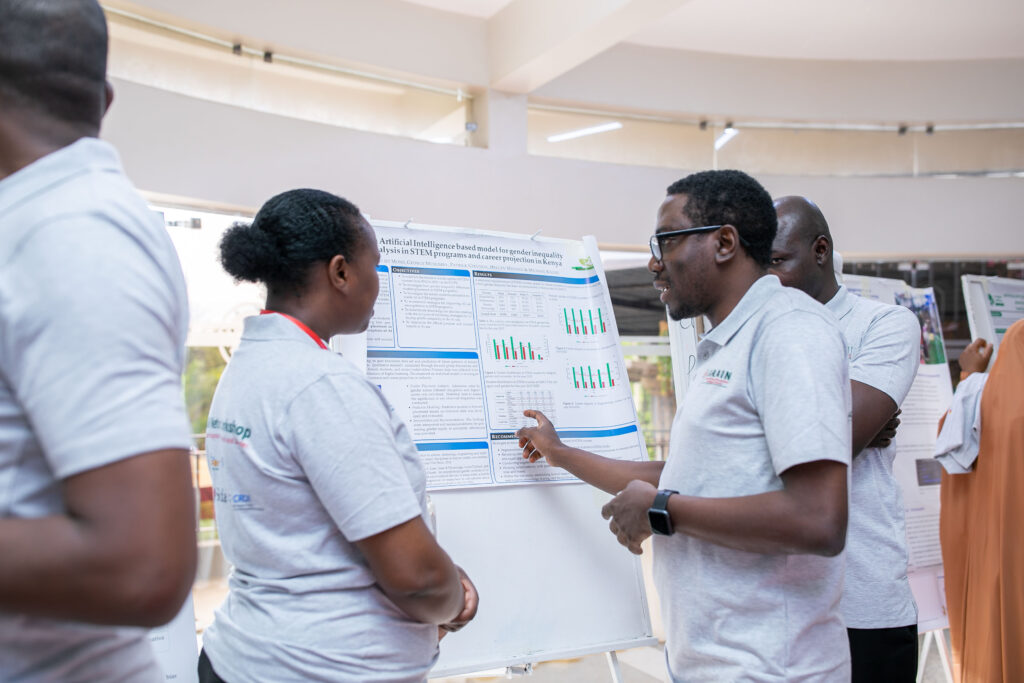
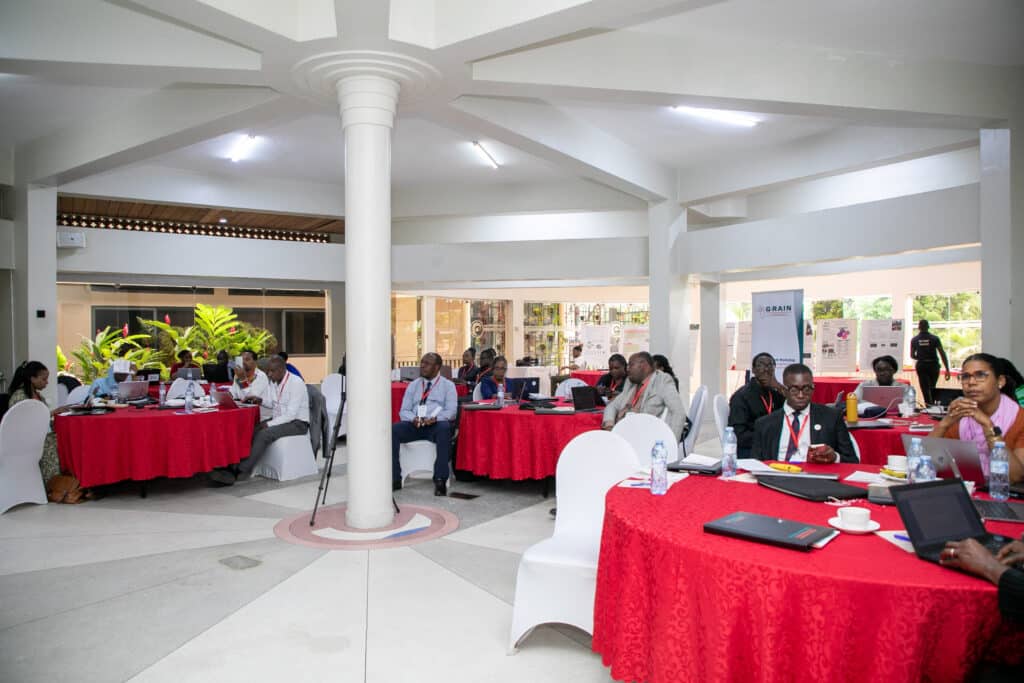

CSEA hosted a sensitization workshop in collaboration with the National Bureau of Statistics (NBS), titled "Understanding New Nigerian Labour Force Statistics," on Monday, March 18, 2024 in Abuja, Nigeria.
The event provided a platform for experts and other stakeholders to deliberate on the importance and impact of Labour force statistics data for policy formulation and resource allocation, amongst others.
The workshop featured presentation that provided an overview of the National Labour Force Statistics and the Nigerian labour market; highlighting critical indicators and trends such as labour force participation, unemployment rates, demograpghy, etc
The panel conversations explored the role of labour force data in Nigeria's employment generation strategies and skills development programs, the challenges government agencies face in accessing accurate statistics, and the potential for academic institutions to collaborate with policymakers to translate labour market research into actionable policy recommendations.
